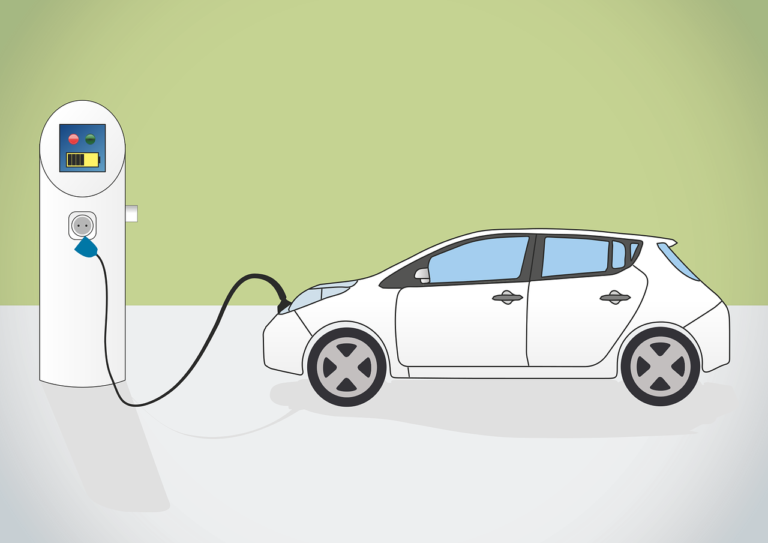In recent years, electric vehicles (EVs) have gained popularity as a cleaner alternative to traditional petrol and diesel vehicles. With zero tailpipe emissions during operation, EVs are often touted as a solution to reducing air pollution and combating climate change. However, evaluating the environmental impact of EVs requires a comprehensive understanding of their lifecycle and various factors that influence their sustainability.
Zero Emissions vs. Lifecycle Impact
While it is true that EVs produce zero tailpipe emissions, their overall environmental footprint extends beyond their operation. The manufacturing process, including the production of lithium-ion batteries, requires significant energy and resources. Extracting raw materials such as lithium, cobalt, and nickel can have environmental and social implications, including habitat destruction and water pollution.
Battery Production
Lithium-ion batteries are a crucial component of EVs, but their production comes with environmental challenges. Mining and processing lithium and other materials can result in carbon emissions and ecosystem degradation. Additionally, the disposal of batteries at the end of their life cycle presents challenges for recycling and proper waste management.
Energy Mix and Charging
The environmental impact of EVs also depends on the energy sources used to generate electricity. In regions where electricity comes from renewable sources like wind, solar, or hydroelectric power, EVs offer significant environmental benefits. However, in areas with a high reliance on fossil fuels, such as coal or natural gas, the indirect emissions associated with charging EVs may offset some of their environmental advantages.
Technological Advancements and Solutions
Continued advancements in battery technology, renewable energy, and sustainable manufacturing practices are essential for minimizing the environmental impact of EVs. Innovations in battery recycling and reuse can reduce the demand for raw materials and minimize waste. Furthermore, efforts to decarbonize the electricity sector will enhance the environmental benefits of EVs over time.
Conclusion
Electric vehicles have the potential to play a significant role in reducing air pollution and greenhouse gas emissions in the transportation sector. However, their environmental impact is complex and influenced by various factors, including energy sources, manufacturing processes, and resource management practices. To maximize the environmental benefits of EVs, it is essential to adopt holistic approaches that prioritize renewable energy, sustainable manufacturing, and responsible consumption.




